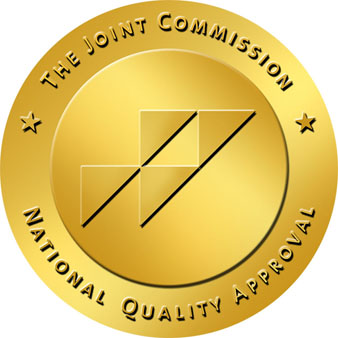
People struggling with alcohol addiction often face many difficulties in their lives. While quitting alcohol may seem impossible, an alcohol rehab program can provide the support and guidance needed to achieve long-term sobriety. These programs focus on understanding the problem, providing emotional support and education about the consequences of drinking too much.
Professionals in rehab programs understand that addiction is a complex challenge and requires individualized treatment. Depending on the facility, treatment plans typically include counseling, group discussions, medication-assisted treatment, and other therapies. Such approaches can address both the physical and psychological aspects of addiction.
When individuals enroll in a professional rehab for alcohol addiction, they are provided with a variety of treatment options that bring long-term benefits:
They Learn Addiction Coping Skills For Long-Term Sobriety:
Rehab facilities provide individuals with the tools to cope with addiction and manage relapse triggers. It includes developing coping strategies, ways to structure leisure time, and techniques for dealing with stress. Programs also provide education about the negative consequences of alcohol abuse and ways to avoid it in the future.
These programs and coping skills might look different for each person, but they all share the same underlying goal – to help individuals maintain sobriety long-term. When individuals practice these coping skills with an experienced therapist, they can learn to manage their addiction and its associated triggers healthily.
They Receive Mental Health Support:
Alcohol rehab programs offer emotional and mental health support for individuals struggling with addiction. In addition to addressing the physical aspects of alcoholism, these programs also focus on the psychological aspects.
Sometimes, an individual may need additional support for mental health conditions like depression and anxiety. Professional counselors and therapists in rehab programs are trained to provide individualized, evidence-based care that supports each person’s recovery. With robust mental health support, individuals can gain the skills and resources needed to cope with their addiction effectively.
They Build A Support Network:
These programs provide a safe space for individuals to form positive relationships with others in recovery. Individuals need to build a support system before and after rehab.
By forming relationships with professionals and peers, individuals can create a network of people who understand the struggles of addiction and can offer ongoing support for long-term sobriety.
When choosing a rehab program, it’s crucial to select one that is tailored to meet individual needs and has a strong support network. A support network helps individuals stay motivated and encourages them to continue working on sobriety.
Positive Outlook Towards Life:
By giving individuals the resources to manage addiction, rehabs can help them develop a more positive outlook toward life. In addition, the programs provide education about healthy lifestyle choices and strategies for managing stress.
They may also teach individuals how to develop meaningful relationships or explore new hobbies or interests. Through these programs, individuals can better understand how to take care of themselves, set achievable goals, and build healthier lifestyles.
Ultimately, rehab programs offer individuals the opportunity to develop the skills and resources needed to promote long-term sobriety. Through a combination of counseling, medication-assisted treatments, and other therapies, rehabs offer individuals the tools to take control of their addiction and regain a sense of hope.

Contact The Best Alcohol Rehab!
Conquer Recovery Center is the best alcohol rehab for individuals seeking long-term sobriety. Our professionals and addiction experts are here to provide personalized, evidence-based treatment. Contact the Conquer Recovery team to book an appointment.




